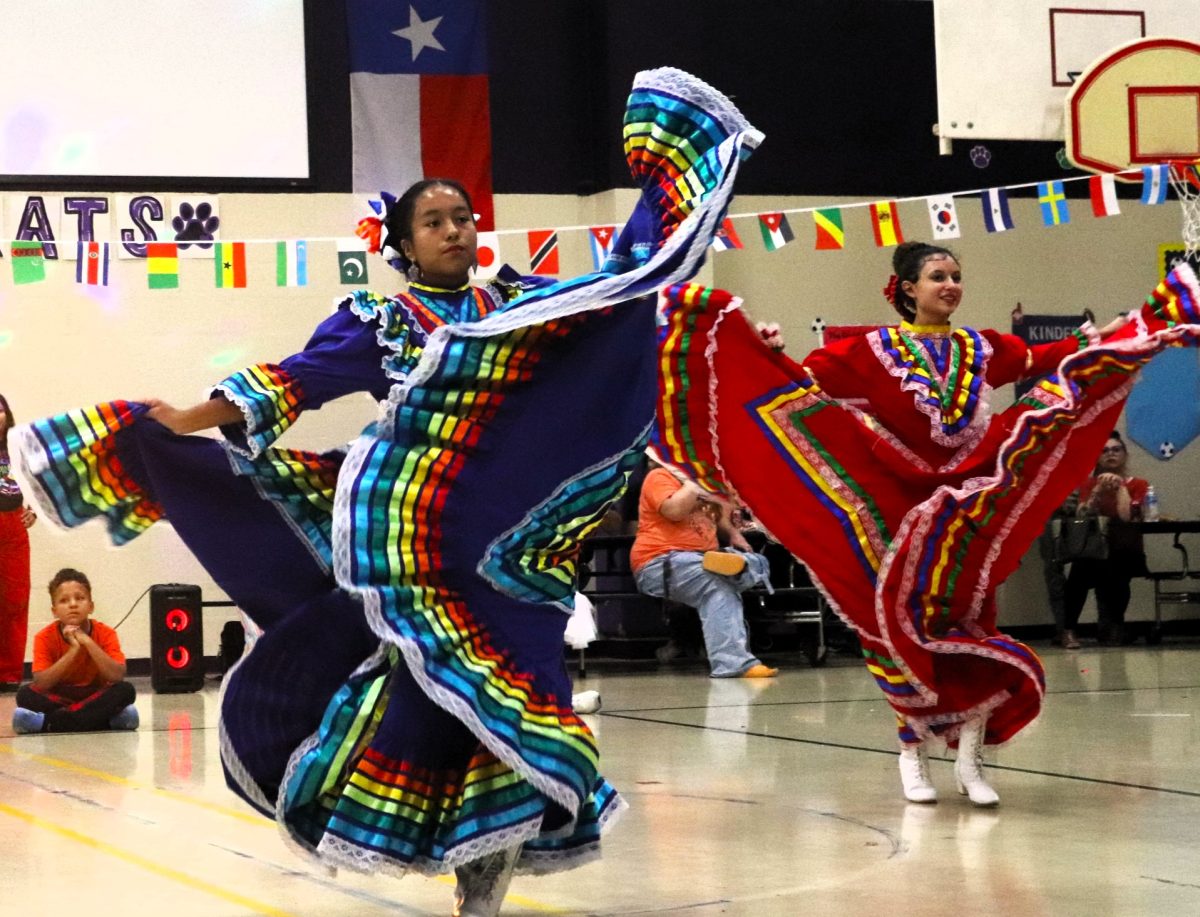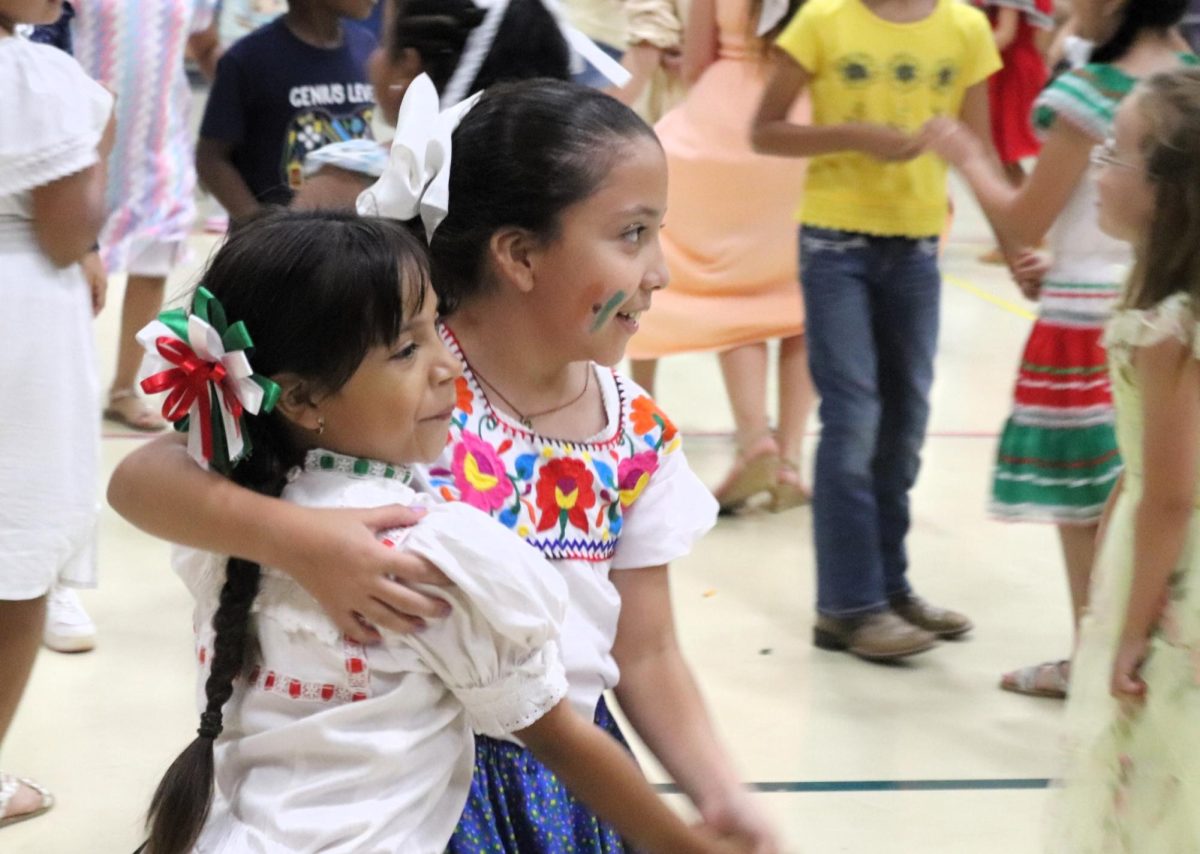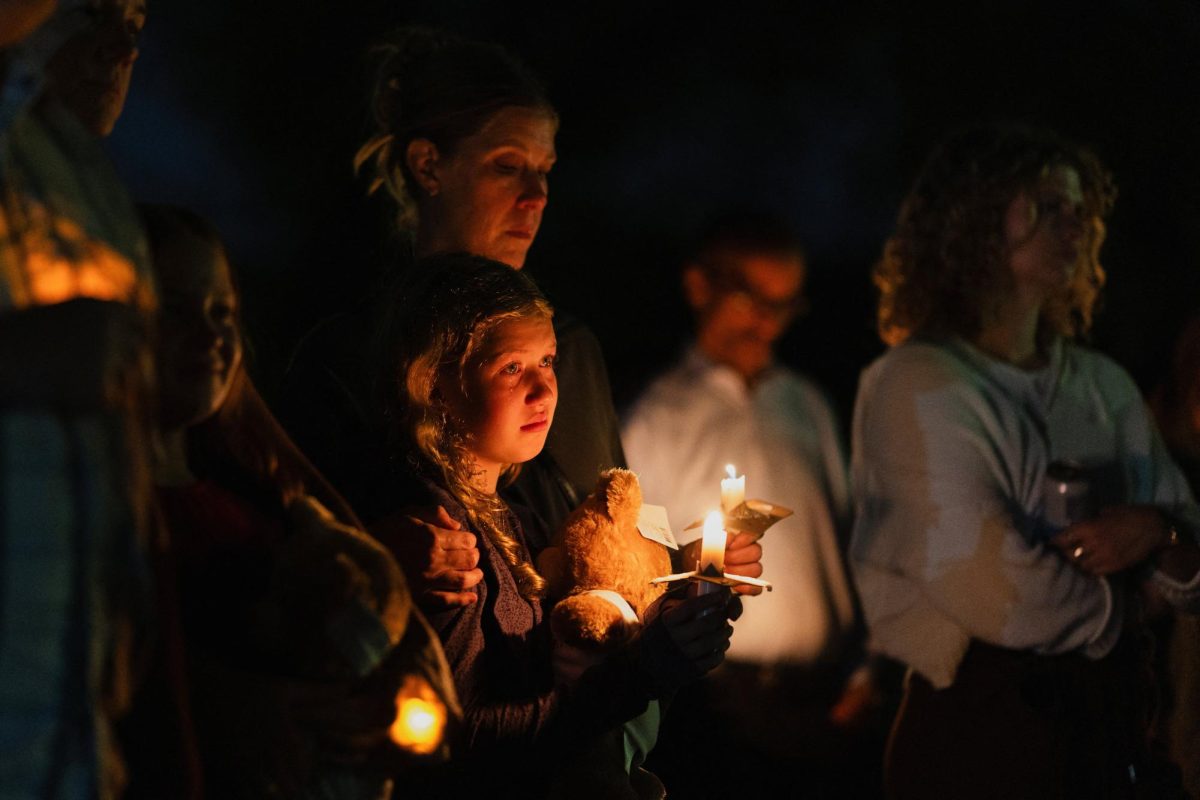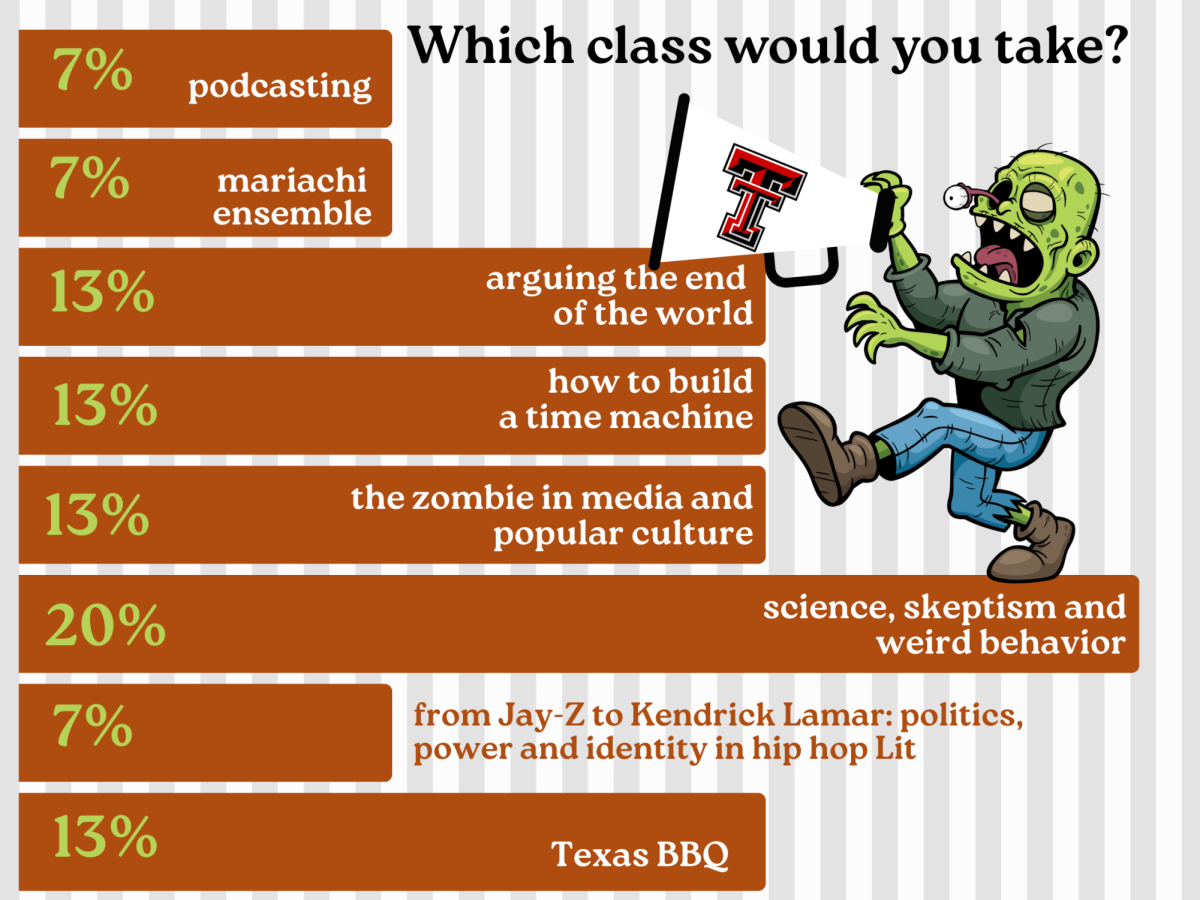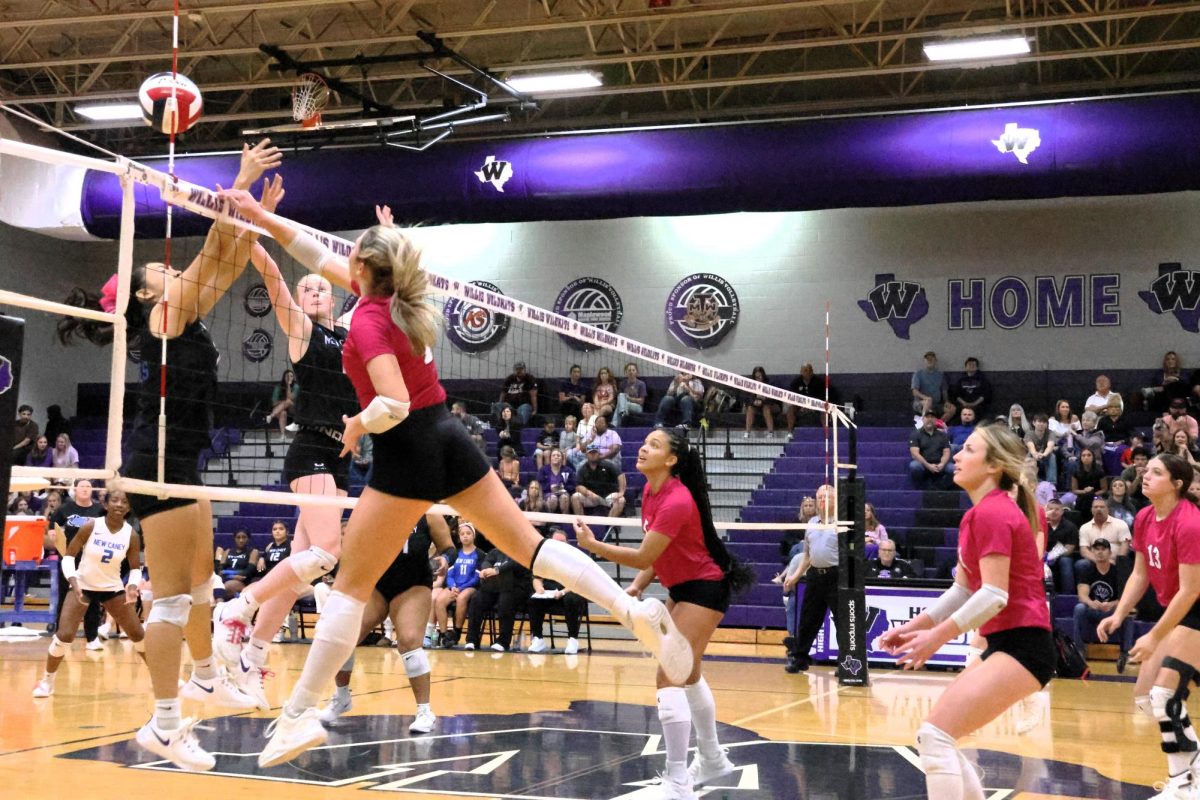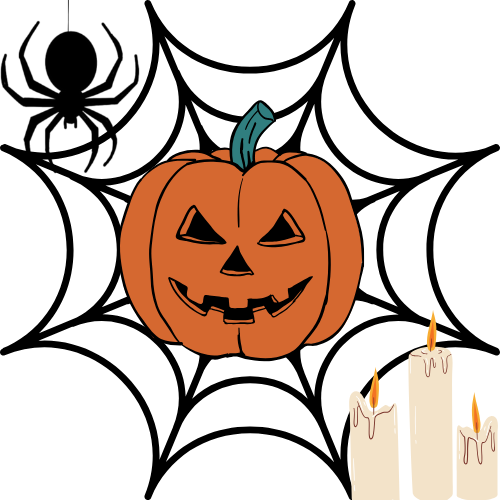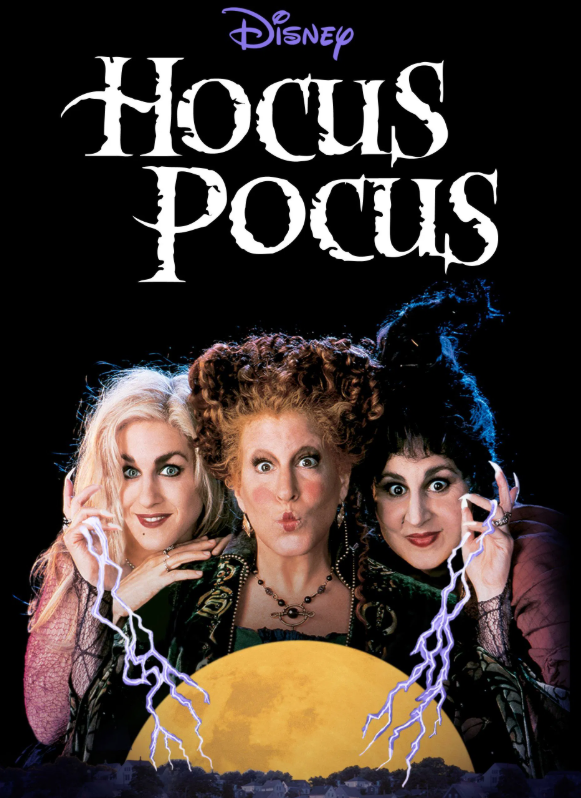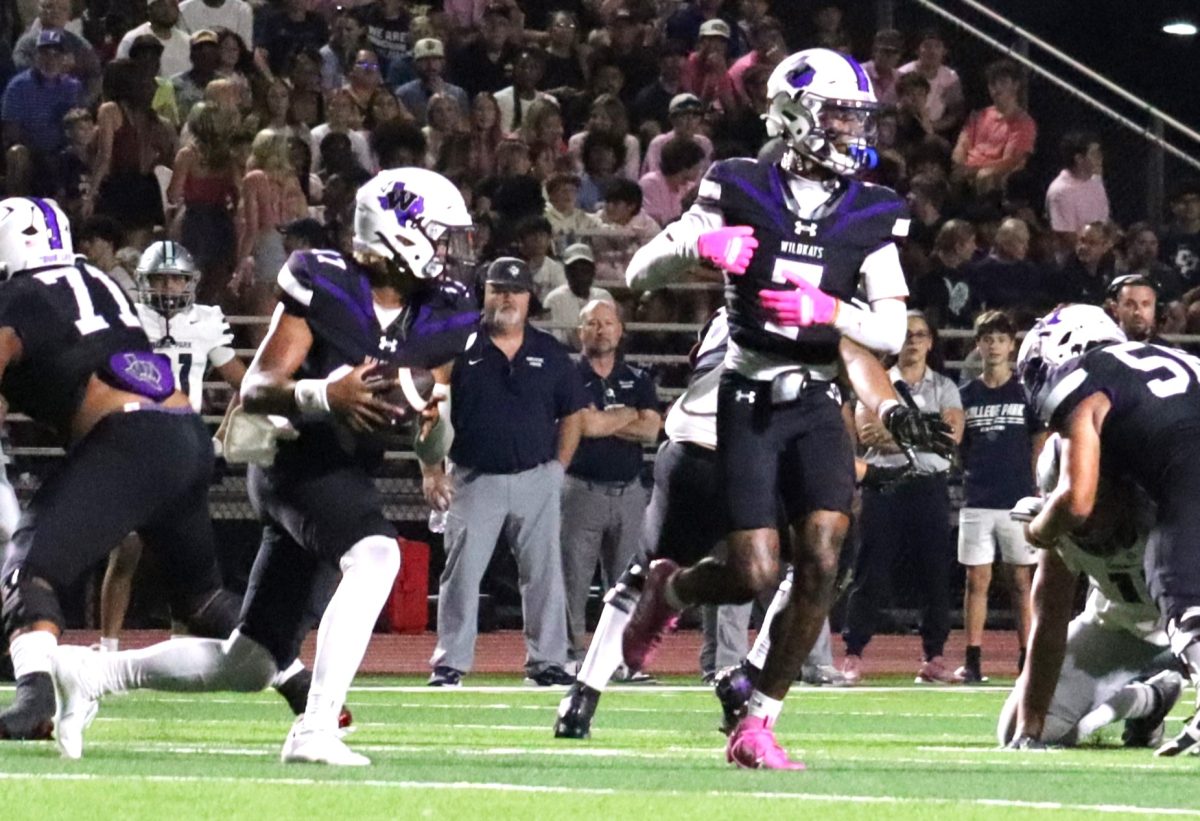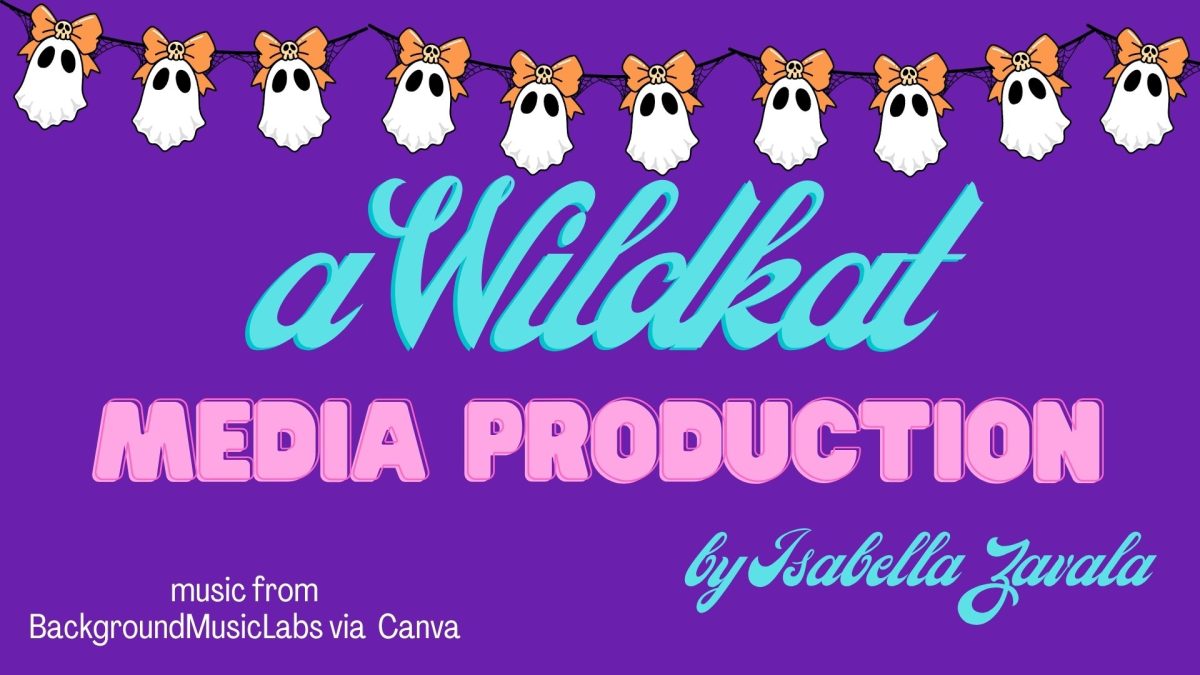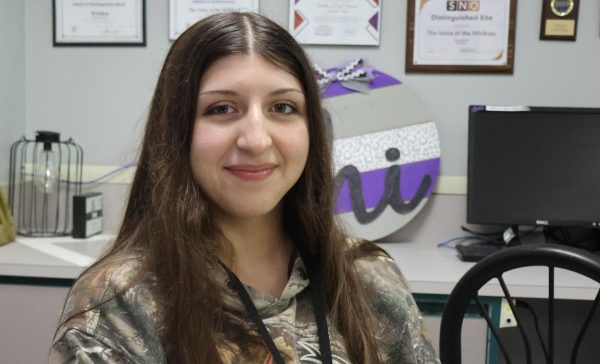Every year, from September 15 to October 15, the United States observes Hispanic Heritage Month—a time dedicated to honoring the histories, cultures, and contributions of Hispanic and Latino Americans. While it may seem like just another cultural observance, its origins and its meaning today reveal why this month is more important than ever.
“I am proud of where I came from, and I think it’s not something people should be scared to show, especially in today’s society,” senior Diana Negrete said. “It is hard seeing people having to live in fear of stepping out of their homes for daily activities, whether it’s taking a walk, going to work, or even grocery shopping. This land was known for being ‘land of the free,’ but where’s our freedom?”
Hispanic Heritage Month began in 1968, when President Lyndon B. Johnson signed legislation creating Hispanic Heritage Week. The dates were chosen deliberately to coincide with the independence anniversaries of Costa Rica, El Salvador, Guatemala, Honduras, and Nicaragua, with Mexico’s Independence Day following on September 16 and Chile’s on September 18. In 1988, President Ronald Reagan expanded the celebration to a full month, giving space to honor a community whose impact is deeply woven into the nation’s story.
“Something about my heritage that makes me feel the most proud is the sense of community between us. Even if it’s someone you don’t know, there’s a sense of familiarity in everyone you meet. I believe that stems from the genuine care that emanates from our culture, especially those older than us,” junior Valentina Romo said. “I’m proud of the love and support that we’re able to give. You may meet someone one day and go from being strangers to calling them your second parent because that’s just how much care you receive from them. I’m proud of my heritage because I know that wherever I go, there is someone who has felt the same way I have, someone who can relate to the struggles we’ve gone through but also the celebrations!”
Today, nearly 1 in 5 Americans identify as Hispanic or Latino, a demographic that continues to grow rapidly. Hispanic households contribute billions of dollars to the U.S. economy annually through taxes, business activities, and essential labor in various industries, including healthcare and agriculture. Yet, beyond numbers, the contributions of Hispanic Americans are evident in various fields, including art, music, literature, politics, science, and the fight for social justice.
“Hispanic Heritage Month to me means honoring the culture and traditions of Hispanic communities and appreciating the strength they bring,” junior Angelica Sanchez said. “I think the culture is beautiful, and I love that showing it and being proud of being who you are is also a beautiful thing.”
At the same time, the recognition of Hispanic heritage takes on new urgency in today’s political climate. Recent laws and debates surrounding immigration, language access, and civil rights have placed Hispanic communities at the center of national conversations, often creating fear and uncertainty for families. In some cases, these shifts have discouraged families from engaging with schools or public programs, as they worry that increased visibility could come at a cost. Despite these barriers, Hispanic Americans continue to rise as a powerful civic force. In fact, more than 36 million Hispanics were eligible to vote in 2024, a number that continues to climb, signaling the undeniable influence of this community in shaping the country’s future.
“The advice I would give to younger Hispanic students about embracing their culture is to genuinely be proud of being Hispanic,” junior Sara Castro said. “Making their culture known to everyone about how important it is to the Hispanic community is something people should not be scared to show.”
Hispanic Heritage Month, then, is more than just festivals or food—it is an act of recognition. It is about telling the stories that are too often left out of textbooks, acknowledging both the triumphs and the struggles. It is about teaching younger generations that their culture is something to be proud of and reminding others that Hispanic heritage is part of America’s identity, not separate from it.
“My heritage really shaped me to be the person I am today by making me want to work harder. Coming from two immigrant parents who were never able to get an education makes me try so hard in school so I can give back for all they have done for me,” senior Victoria Medina said. “Not really knowing Spanish too affects me as well, since I don’t feel as connected as I want to be, which is why I try to be included in a lot of heritage or Hispanic groups of people. Being Spanish Honor Society president really adds to that, showing that it doesn’t matter the amount of Spanish you know- it’s about representing your people at the end of the day.”
Respecting this month means more than celebration. It means listening to the voices of those whose stories are overlooked, learning the history that has shaped this country, and protecting the rights of communities who continue to face discrimination. It is about unity, representation, and the courage to keep traditions alive, even in the face of adversity.
“I do not feel like Hispanic voices are represented enough in the media in today’s world. The Hispanic community is always stereotyped as “criminals,” but we are not,” senior Alondra Ortiz said. “The media always shows our people being treated as animals. The media doesn’t show how parents gave up their future lives to give their children better opportunities they couldn’t have had.”
As Hispanic Heritage Month unfolds, its message resonates louder than ever: being Hispanic is not only something to celebrate, it is something to honor, respect, and uplift.
“I think it’s important for our schools and communities to recognize Hispanic Heritage Month because it is something celebrated throughout our country, and we should be able to acknowledge it as well,” senior Jacqueline Galeana said. “It honors and celebrates the history behind this month, it brings out communities together, and it can inspire other students to embrace their background and roots of where they’re from, and to be proud of it.”


